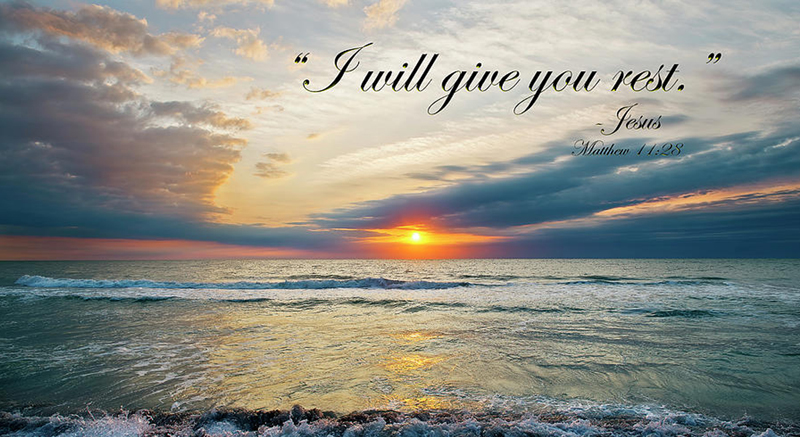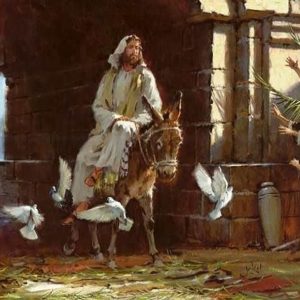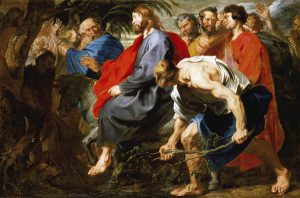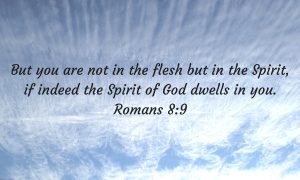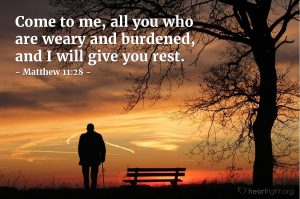Call to worship
Jesus came to bring us peace. He offered his light yoke for our shoulders to carry that we might carry God’s peace to all people. Our own Baptism invites us to share in the intimacy of God’s family, to carry God’s gentle spirit within us and to embrace the mysteries of the kingdom as meek and humble people.
-
To the point: What are the things hidden from the wise but revealed to little ones? The previous verses from Matthew’s chapter 11 indicate that “these things” are the destruction resulting from being unfaithful to God’s “gracious will.” The “little ones” are those who, having received Jesus’ revelation about the Father, remain faithful and enter into God’s reign of peace (see first reading). In this gospel, Jesus is the messianic Savior judging those who are unfaithful or faithful. The faithful, having come to Jesus and taken his yoke upon themselves, live in God’s peace now. These faithful ones need have no fear of Jesus’ judgment
-
Connecting the Gospel (Matt 11:25-30) to the first reading: The prophet Zechariah predicts the messianic age when the savior-king will come to the people in meekness to establish peace. In the gospel, Jesus speaks in the present time — to the faithful of his day and to us now who are faithful — of the peace (rest) given now to those who yoke themselves to him.
-
Connecting the Gospel to experience: Often what motivates our behavior in the present is our vision of the future. For example, someone takes an entry-level job and works hard with an eye to promotion and more significant responsibility. When we followers of Christ keep our eyes on the future messianic rest, we choose to remain faithful to Jesus and find his yoke light and easy.
“Entry of Christ into Jerusalem” (Anthony VanDyck, 1617)
Centering prayers
The gospel
(Matthew 11:25-30)
“Take my yoke upon you and learn from me.”
O Lord!
We are burdened indeed.
We have poisoned the air,
neglected the inequities,
and there is this virus.
Augustine told us
you came so that
“The Bread might hunger,
that The Fountain might thirst,
that The Way might be tired on his journey,
that The Truth might be accused of false witness,
and that The Healer might be wounded.”
You know our humanity so well,
and the suffering we can cause.
So, Jesus, we come to you.
Please show us your heavenly Father,
who loves every hair on our head.
Let us learn from you, and follow you,
and find rest.
The first reading
(Zechariah 9:9-10)
“See, your king shall come to you; a just savior is he, meek,
and riding on an donkey.”
The King proclaims justice.
and banishes war,
and puzzles the proud.
Jesus, Messiah, is meek,
though riding on a donkey.
Oh lowly King of the Universe,
you are our only strength;
assert your peace now,
from sea to shining sea.
The second reading
(Romans 8:9, 11-13)
“The one who raised Christ from the dead will give life
to your mortal bodies also, through his Spirit that dwells in you.”
Our lowly flesh,
tinged with joy,
weighed down with woe,
Christ takes as his own.
His Most Holy Spirit comes to us,
dwelling in our hearts
as they are.
Lord, let us revere these soul-bodies
and those of our neighbors,
because of you.
Copyright © 2020, Anne M. Osdieck.
